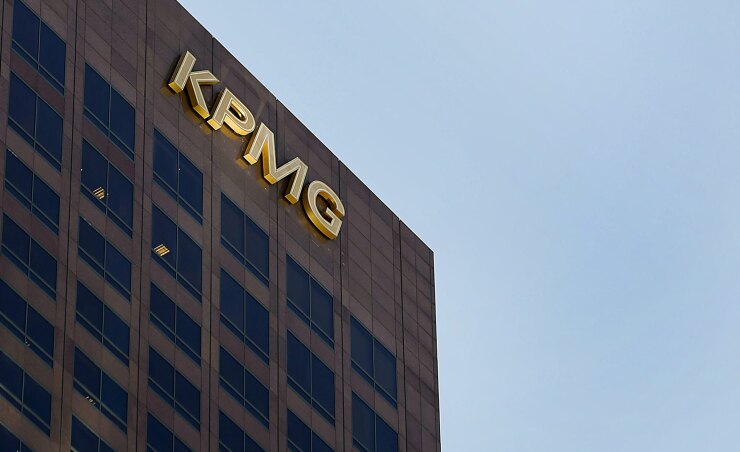KPMG LLP said the head of its South African office and seven other senior executives quit after an internal investigation found that work done for the politically connected Gupta family fell “considerably short” of the auditing firm’s standards.
It will give the equivalent of $3 million, the fees it made from its work with the family since 2002, to education and anti-corruption charities.
The probe criticized KPMG’s role in advising a Gupta-linked company on the acquisition of a coal mine from Glencore Plc in a transaction in which Mines Minister Mosebenzi Zwane has been accused of improperly intervening. It also said four KPMG partners should not have attended a lavish Gupta family wedding at the gambling resort of Sun City. The event was allegedly funded with state money from a dairy, according to leaked emails reported on by South African media.

“This shows how there was an ethically and morally defective culture at the top of KPMG,” said David Lewis, executive director of South Africa-based Corruption Watch. “A more comprehensive cleanout of the auditing and advisory services both domestically and internationally is needed.”
South African Chief Executive Officer Trevor Hoole, Chairman Ahmed Jaffer and Chief Operating Officer Steven Louw were among those to have resigned, KPMG’s Johannesburg-based unit said in an emailed statement on Friday. While the probe didn’t find “any evidence of illegal behavior or corruption,” a change in leadership is needed, it said. Nhlamu Dlomu was promoted to the position of CEO.
McKinsey Next
KPMG’s announcement comes amid calls by South Africa’s main opposition party, the Democratic Alliance, and civil-society groups for companies including KPMG and McKinsey & Co. to be penalized for their ties to the Guptas. U.K. public relations firm Bell Pottinger LLP has gone into administration after it was expelled from the main British representative in that profession because of a complaint brought by the DA related to the firm’s work for the family.
“McKinsey should be buckling up their seatbelts for something similar,” Lewis said.
The family have been accused of using the relationship to influence government appointments including cabinet positions and the awarding of state contracts. Zuma and the Guptas deny any wrongdoing.
The DA has also requested that McKinsey’s domestic and U.S. representatives be called before a parliamentary committee inquiry to explain some of the work the consultancy did with a company linked to the Guptas for Eskom Holdings SOC Ltd., the state-owned power utility.
Integrity Questioned
The probe found that KPMG’s auditing of Gupta entities, including Linkway Trading Pty Ltd., “fell well short of the quality expected,” the company said. KPMG should have ended its relationship with the family sooner than March 2016. KPMG did not “adequately deal” with information that emerged during the coal-mine deal that “called into question the integrity of the Guptas,” the company said.
Gary Naidoo, a spokesman for the Gupta family, didn’t immediately return a message seeking comment.
‘Rogue Unit’
The firm said last year that it had ended its stint auditing companies controlled by the family. The company also quit as auditor of Gupta-controlled Oakbay Resources & Energy Ltd., which delisted in July after it was unable to fill key positions that are required by exchange rules.
In work unrelated to Gupta companies, KPMG said it had compiled a report for the South African Revenue Service that had inadvertently been used as evidence that former Finance Minister Pravin Gordhan knew of the creation of a rogue intelligence unit. Gordhan was investigated by police for his role in the setup of the department, although no charges were ever brought.
“The evidence in the documentation provided to KPMG South Africa does not support the interpretation that Mr Gordhan knew, or ought to have known, of the ‘rogue’ nature of this unit,” the firm said, adding that it had “no political motivation or intent to mislead.”
Gordhan, who clashed with Zuma over the running of state-owned institutions, was ousted on March 31, causing a slump in the rand and government bonds.





